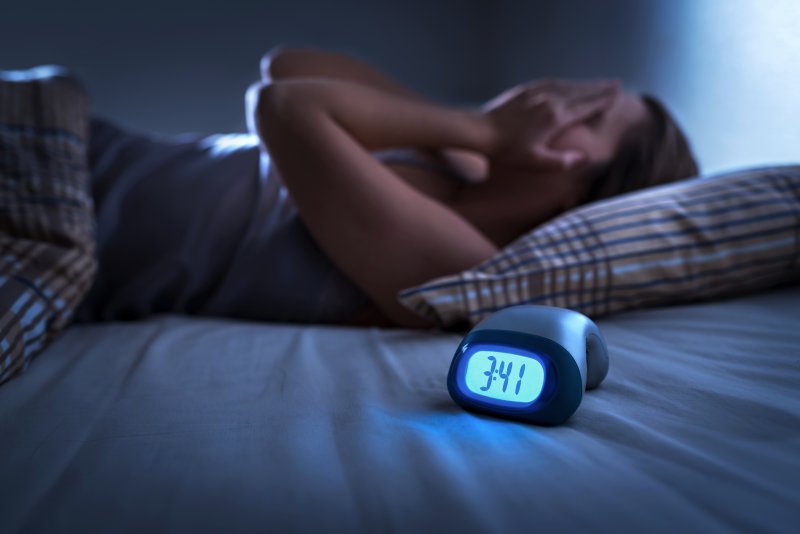
Research shows that over 84% of patients with sleep apnea report frequent nighttime urination. The link between the two conditions is so strong that nighttime urination has become as significant as snoring when it comes to screening for sleep apnea. Oftentimes, this urination occurs in the form of bedwetting. If you offer sleep apnea treatment at your practice, it is important to understand the possible connection between a patient’s bedwetting and their sleep disorder.
How Sleep Apnea Can Lead to Bedwetting
During a sleep apnea episode, breathing is temporarily paused as a result of the airway being obstructed. The brain is forced to wake the body up briefly so that breathing can resume, disrupting the sleep cycle and causing the victim to not get enough quality sleep. However, repeated sleep apnea episodes can have other effects on the body as well.
When breathing is interrupted, oxygen levels in the blood decrease while carbon dioxide levels increase. As a result, the blood becomes more acidic, the heart rate falls, and the blood vessels in the lungs start to constrict. Consequently, the brain needs to work harder than usual to keep the body functioning. This can interrupt the signals for bladder control, making it more likely that the victim will wet the bed.
Of course, bedwetting (and frequent nighttime urination in general) can be connected to several other health problems as well. Nevertheless, when screening for sleep apnea, bedwetting should be considered an important clue for narrowing down the nature of the patient’s sleep disorder.
How Can Bedwetting and Sleep Apnea Be Treated?
Treating a patient’s sleep apnea should also help them find relief from any bedwetting that the disorder is causing. While for many people CPAP therapy is an effective way to keep the airway open at night and prevent sleep apnea episodes, it’s not a viable solution for everyone. Some patients find CPAP therapy so uncomfortable and noisy that it keeps them up at night, which defeats the purpose of the treatment.
As a dentist, you can offer your CPAP-intolerant patients a far more comfortable solution in the form of customized oral appliances. Said appliances can be used to move the lower jaw slightly forward or prevent the tongue from blocking the throat, thus preventing the obstructions that can easily lead to sleep apnea episodes.
Bedwetting can be an embarrassing problem for adult patients, but it’s important to let them know why it could be connected to sleep apnea. The more that they know about the effects of sleep apnea, the better equipped they’ll be to make the right decisions for their overall health.
Meet Dr. Kent Smith
Dr. Kent Smith is the President of the American Sleep Breathing Academy and a Diplomate of the American Board of Dental Sleep Medicine. He is enthusiastic about helping fellow dentists provide more effective sleep apnea treatments at their practices by holding educational events such as the Roundtable, which includes lectures and seminars about a variety of sleep disorder-related topics. To learn more, contact 21st Century Sleep Seminars in Irving at (972) 255-3712.

